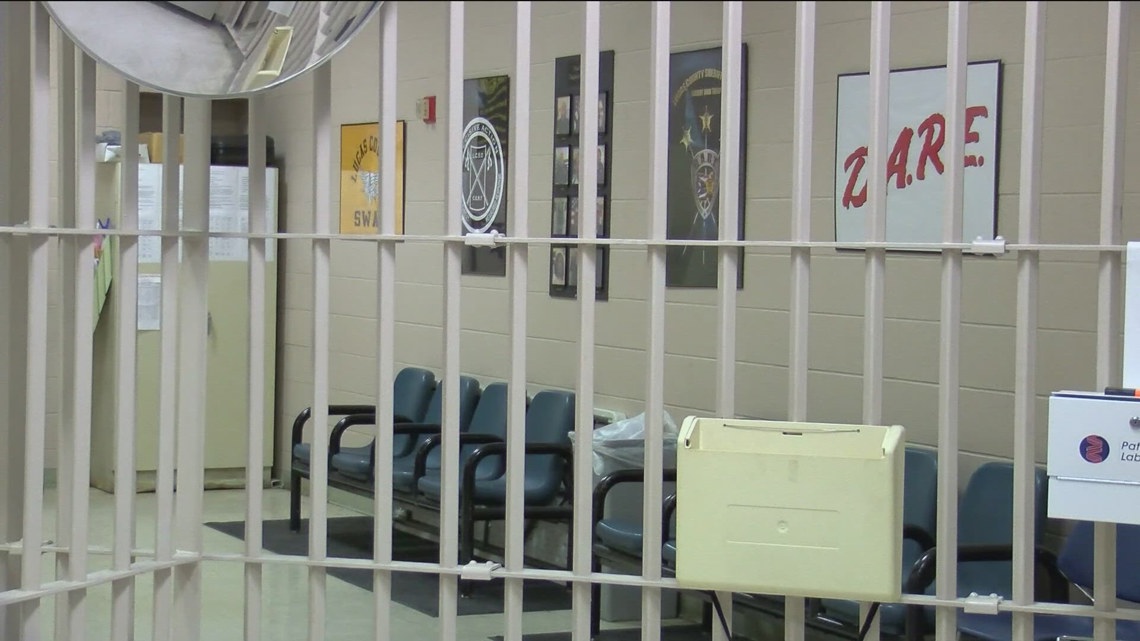
The program aims to keep those convicted of minor misdemeanor crimes out of jail.
TOLEDO, Ohio — The Toledo Municipal Court is pushing for change in the criminal justice system through its diversion program. Now, that program is now getting attention from Harvard University.
Harvard’s Access to Justice Lab will be studying the program and its effectiveness. The goal of the program is to keep people who have been convicted of minor misdemeanors out of jail. This comes with the promise to expunge the charge from an individual’s record, all while targeting behavioral reform and preventing repeat offenses.
In 2018, the Toledo Municipal Court created the persistent offender diversion program. Today, members of the community got an inside look through a three and a half hour-long demonstration class.
The goal is to disrupt continued low-level contact with the justice system.
“When they leave here, they leave here fairly happy that they don’t have to go in and out of the courts. But they would have been if they had been charged and had to go in front of the judge,” said Sheronda Ridley, the program facilitator.
Ridley has been the program facilitator for the past six years.
She said in court, individuals have to plead no contest to their charge. From there, they’re court-ordered to participate in the program no more than 30 days following. After that, diversion is presented in three ways.
“One, we talk about their belief systems. The second proponent, we just talk a lot about opening up options of how to interact or even how to cope with certain stressors in life that could potentially lead to some of these charges, Ridley explained ” The third proponent is giving them information about resources.”
According to Judge Timothy Kuhlman, the resources go toward one group of people more than anyone else.
“67% are African American. Our jail is 60% African American,” Kuhlman said. “African Americans are terribly overrepresented in our criminal justice system, we have to do something about that.”
He said its important steps are taken to reduce the number of individuals entering jail.
“We need to do something about that. It’s not good for the community and its not good for them,” said Judge Kuhlman.
As for Ridley, she said she believes Harvard’s interest derives from their success rates.
“Less than 25 people have returned for this program. I think there’s been over 3,000 over the course of the six years,” Ridley said.
According to Judge Kuhlman, the study is set to begin in March and will last a couple years before the results on the effectiveness of the program will be completed.


